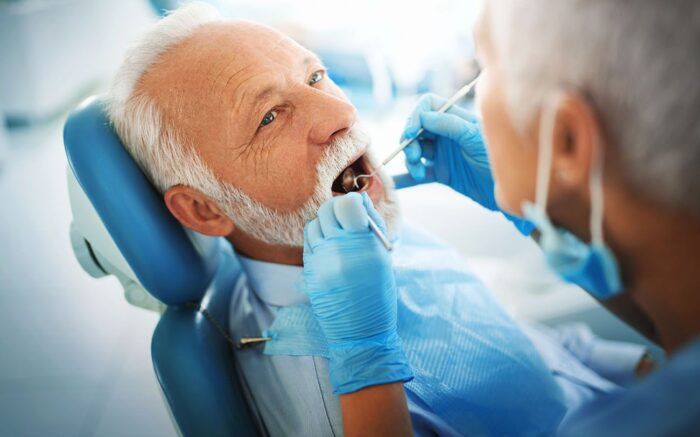Fractured teeth can be the surprising culprits behind a cascade of oral health issues. You might think that you would notice if you had a fractured tooth. However, you would be surprised how often these go overlooked. It is important to explore the connection between fractured teeth and tooth decay to prevent serious oral health issues.

Understanding Tooth Fractures
Teeth can suffer from various types of fractures. This can range from minor cracks in the enamel to more severe fractures that extend into the tooth’s inner layers. These fractures can result from accidents, trauma, or even prolonged wear and tear. You may not even know the moment you fracture your tooth.
There are hidden dangers with tooth fractures. Unlike obvious dental issues, fractured teeth may not always manifest obvious symptoms. Patients might be unaware of the cracks. This may allow them to persist unchecked until more severe complications come up. As a result, a simple fix may turn into a much bigger issue.
Fractures as Gateways to Decay
When the enamel, the outer layer of the tooth, is damaged, it opens the door for bacteria to infiltrate. These microorganisms can seep into the cracks, initiating the process of tooth decay.
Even tiny fractures create microscopic breaches in the enamel. This provides a haven for plaque – a sticky film of bacteria. As plaque builds up, it releases acids that erode the enamel and create cavities.
How Decay Advances
Deeper fractures that extend into the tooth’s inner layers can lead to more severe issues. The pulp houses nerves and blood vessels. If bacteria get into this space, it can result in infection and inflammation. You are vulnerable to serious dental issues and pain.
Advanced decay may need a root canal procedure to remove the infected pulp. This becomes crucial to prevent the spread of infection and preserve the tooth.
Signs and Symptoms
Fractured teeth often exhibit increased sensitivity, especially to hot or cold temperatures. If you notice discomfort while consuming hot coffee or biting into cold treats, it could be a sign of a hidden fracture.
Cracks in teeth may cause pain or discomfort when chewing, indicating structural weakness. If you experience pain while eating, it’s essential to seek dental attention promptly.
Fractured teeth can also cause intermittent pain that comes and goes. This unpredictability can make it challenging to pinpoint the issue. Therefore, you will need a thorough dental exam to find the cause.
Preventing Decay
Routine dental visits are vital in detecting and addressing fractures early on. Dentists can employ diagnostic tools like X-rays to identify hidden cracks that may not be visible to the naked eye.
For those prone to teeth grinding or clenching, wearing a custom-fitted mouthguard can provide a protective barrier. Therefore, you can reduce the risk of fractures.
If you or your dentist detects a fracture, timely intervention is crucial. Dental treatments such as bonding, crowns, or veneers can reinforce the tooth structure and prevent further complications.
